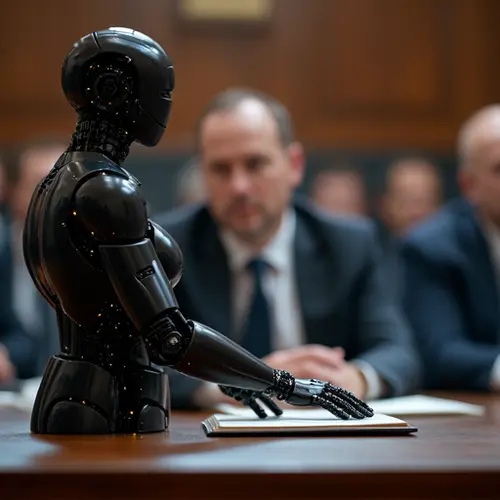
AI Hallucinations Lead to Legal Decision Reversal
A Georgia appeals court has overturned a divorce ruling after discovering it relied on non-existent legal precedents generated by artificial intelligence. The original decision, issued by a lower court, contained references to 15 fabricated cases, 11 of which were deemed "complete nonsense" by appellate judges.
Case Background and Discovery
The divorce proceedings began in 2021 between anonymous parties. The flawed ruling emerged when the wife identified fictitious legal citations in the court documents. She subsequently appealed, arguing the precedents were AI-generated hallucinations.
During the appeal process, the husband's attorney compounded the error by submitting additional ChatGPT-generated fake cases in an attempt to validate the original claims. This prompted the appellate court to fully vacate the initial decision.
Judicial Concerns and Accountability
While the appellate judges expressed "grave concern" about the AI-generated content, they clarified that investigating how the false precedents entered the legal record wasn't within their purview. The court referenced a 2023 ruling permitting AI assistance but emphasized that attorneys must serve as "gatekeepers" to verify information accuracy.
The attorney responsible received a $2,500 fine for submitting the fabricated cases, while the judge who incorporated them faced no penalty. This case highlights systemic vulnerabilities where lower courts frequently rely on materials provided by counsel without thorough verification.
Broader Implications for Legal Systems
This incident follows similar AI-related controversies in global courts, including a Dutch judge who previously used AI to help draft a ruling. Legal experts warn that as AI tools like ChatGPT become more prevalent in legal research, stringent validation protocols are essential to maintain judicial integrity.
Stanford University's 2025 AI Index reports legislative mentions of AI increased 21.3% across 75 countries, with US federal agencies introducing 59 AI-related regulations in 2024 alone. The Georgia case underscores the urgent need for ethical frameworks governing AI implementation in justice systems worldwide.

 Nederlands
Nederlands
 English
English
 French
French
 Deutsch
Deutsch
 Espaniol
Espaniol
 Portugese
Portugese



